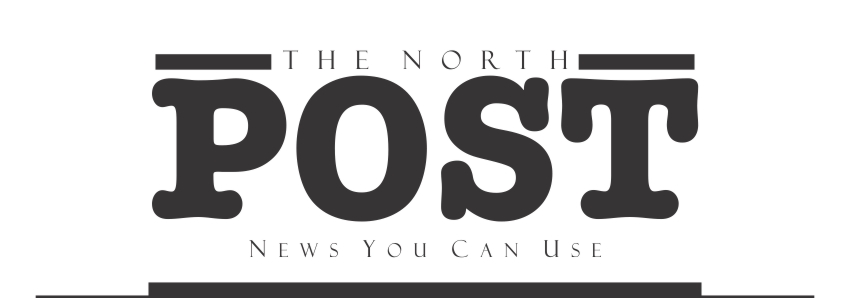Regular monitoring with Gini App shows the way
Chief Minister of Punjab, Charanjit Singh Channi inaugurates the facility today hi-tech digital healthcare service in Punjab
- Canada-based Gini Health brings Global Healthcare Solution
- Data-led healthcare to ensure preventive healthcare
- Global leader in fintech, FINVASIA, enters hi-tech preventive healthcare
Punjab Chief Minister S. Charanjit Singh Channi, inaugurated India’s a hi-tech digital healthcare facility, Gini Health, in Shivalik Hospital, Sector 69, Mohali.
Chief Minister commended Sarvjeet Singh Virk, founder of Finvasia, and Gurjot Narwal, founder of Gini Health, for their innovative customized healthcare solutions.
Nearly 10 percent of Punjab’s population suffers from diabetes and on World Diabetes Day, this innovative health solution would certainly help the people here to keep a check on their health, he said.
Gini Health is result of collaboration between global technology leaders FinvAsia, and global pioneers in DNA and lifestyle data-based healthcare of Canada, Gini Health.
Former head of endochronology from PGI, Dr Anil Bhansali, shall be the Medical Director of Gini Health, who said that it is possible to reverse diabetes provided we have enough data which now would be possible through Gini mobile app and the devices which a person can carry on his person.
Complete data self-monitored by the patient could help reach the right diagnoses and advice the patient to change life-style or diet patterns, Dr Bhansali said.
Most of the time the patient would not require hospitalization, and through remote access to health condition we can advice the patient to overcome and prevent the recurrence of disease, he added.
Former Health Minister Punjab S. Balbir Singh Siddhu addressing the audience along with S. Kuljit Singh Nagra, MLA with the founders.Shri Kuljit Singh Nagra, MLA, and former health minister Punjab Shri Balbir Singh Sidhu were also present.
Shri Nagra commended Canada-based Gulzar Narwal and US based Tajinder Singh for showing the way to Punjabi’s settled abroad for reversal of brain-drain and contributing to the health and economy of Punjab.
The collaboration of Finvasia’s long experience in technology with Gini Healthcare’s prioneering work in lifestyle data assessment, would not only help in personalizing healthcare but would assist patient work to prevent disease, said Sarvjeet Singh Virk.
This is a one-stop preventive healthcare facility with OPD facility, online consultation on nutrition and healthy practices, Virk informed.
Founder of Gini Health Gurjot Narwal said that we shall be opening five more such facilities in Punjab in the next one year and have plans to expand in other parts of the country in future.
We shall be investing in research in health care by collating patient data in this part of the world to customize solution for them, he added.
FINVASIA is a global enterprise that owns multiple brands in financial services, fintech, blockchain, real-estate, healthcare and technology sectors.
https://finvasia.com/
Gini Health is a Canada based health-tech company that serves customers across North America and Europe. Gini Health has received various awards and accolades for its personalized healthcare approach in preventive health care. Gini has grown into a digital healthcare services company with the launch of its first chronic healthcare management program.
https://ginihealth.com/








